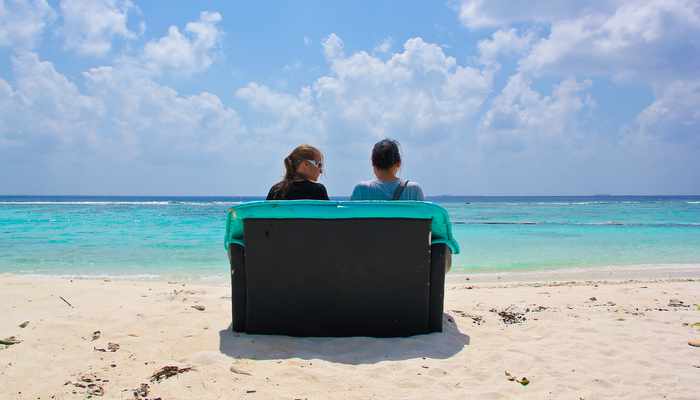Military Rule in Phuket: I’m thinking Maldives

PHUKET: Ask anyone, and their first impression of the Maldives is the iconic Indian Ocean archipelago with possibly the most beautiful beaches in the world. Everyone has heard of them, and most have wanted to visit them.
What most people do not know about this collection of 1,192 islands is that it has developed its reputation as one of the best holiday destinations in the world while under decades of rule by an authoritarian government.
Maumoon Abdul Gayoom began his 30-year rule as president in 1978, winning six consecutive elections without opposition. His presidency was seen as ushering in a period of political stability and economic development. Tourism flourished and increased foreign contact spurred development.
However, Gayoom’s rule was controversial, with some critics saying he was an autocrat who quelled dissent by limiting freedoms and political favoritism.
Sound familiar?
Also, like Thailand, the Maldives – in its attempt to produce a democratic system its people had faith in – suffered a spate of coup attempts in the 1980s.
The November 1988 attempt, headed by a local businessman, involved a mercenary force of about 80 members of a militant group who seized the airport and forced Gayoom to flee from house to house. The group was quickly overthrown by Indian Air Force paratroopers who restored government rule.
The brief, bloodless operation, labeled Operation Cactus, also involved the Indian Navy.
The Maldives today has many parties of differing political stances all vying for seats in parliament so they can represent their supporters in the setting of national policy. Yes, they have gained political freedoms through their struggles, but more importantly the tiny nation has produced a democratic system the people believe in.
Think about it: the Maldives gained its reputation as a world-class tourism destination while under a de facto dictatorship, and then continued to grow its allure to travellers while developing as a democracy.
A successful tourism industry and the necessary throes of political upheaval toward a functioning democracy are possible simultaneously. All that people have to remember is that all the “successful” democracies around the world embrace diversity, not adversity. The polite fight over national agendas and economics continues, but within a system all the people uphold.
It just depends on how much damage the political power mongers – whether they be in the armed forces, the business-class elite or on the streets – want to do to ensure their own success.
— Damian Evans
Latest Thailand News
Follow The Thaiger on Google News:


























